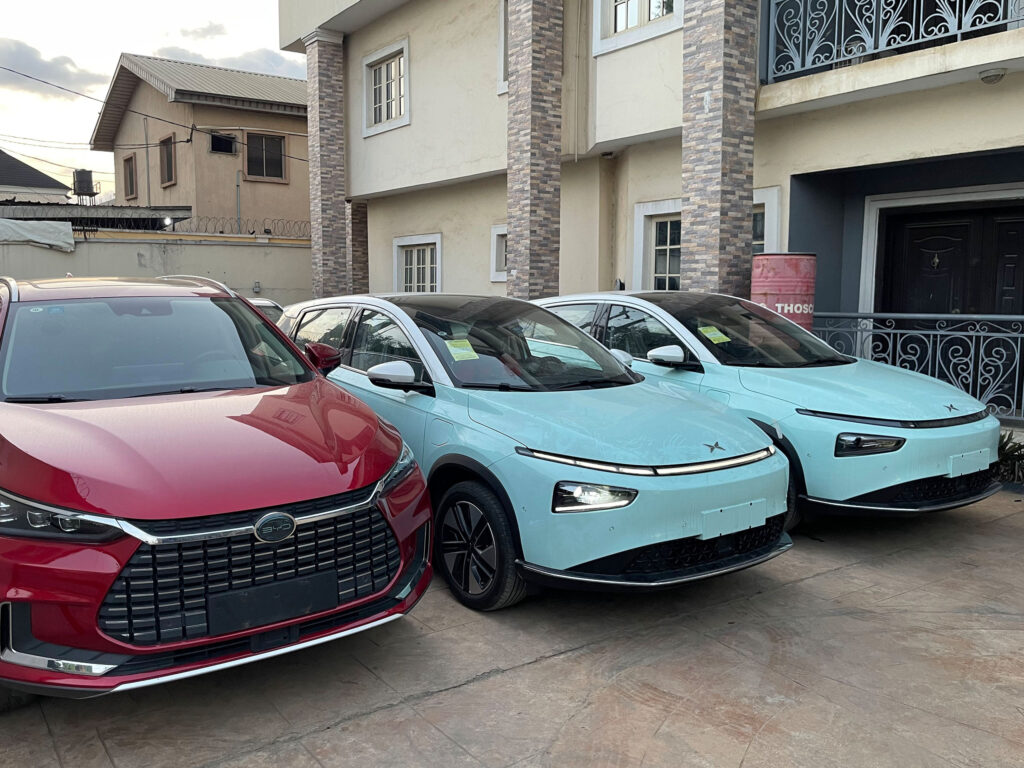As the world transitions towards a more sustainable and environmentally conscious future, the adoption of electric vehicles (EVs) is gaining momentum across the globe. Nigeria, often referred to as the “Giant of Africa,” is uniquely positioned to embrace this technological shift. With its rapidly growing population, vibrant economy, and increasing focus on renewable energy, the future of electric vehicles in Nigeria looks promising. This blog delves into the opportunities, challenges, and benefits associated with the rise of EVs in the country.
Why Electric Vehicles Are Essential for Nigeria
1. Reducing Dependence on Fossil Fuels
Nigeria is a major oil-producing nation, yet its citizens face frequent fuel shortages and high fuel costs due to inefficiencies in the downstream sector. EVs, powered by electricity, provide an alternative to petrol and diesel vehicles, reducing the country’s over-reliance on fossil fuels and the economic burden of fuel subsidies.
2. Combating Air Pollution
Urban centers like Lagos and Abuja experience high levels of air pollution, primarily from vehicle emissions. Electric vehicles produce zero tailpipe emissions, making them an eco-friendly option that can significantly improve air quality and public health.
3. Leveraging Renewable Energy Resources
Nigeria is blessed with abundant renewable energy resources, particularly solar power. By integrating EV adoption with renewable energy solutions, the country can create a cleaner and more sustainable energy ecosystem.
Opportunities for EV Adoption in Nigeria
1. A Growing Market
Nigeria’s large and youthful population provides a ready market for innovative technologies. As awareness about climate change and sustainability grows, more consumers are likely to consider EVs as a viable transportation option.
2. Economic Diversification
The development of the EV industry can stimulate economic growth by creating new business opportunities in vehicle manufacturing, battery production, charging infrastructure, and maintenance services. This aligns with the government’s agenda to diversify the economy away from oil.
3. Policy Support and Global Trends
Countries worldwide are setting ambitious targets to phase out internal combustion engine vehicles. Nigeria can benefit from global technological advancements and investment partnerships to fast-track EV adoption. Additionally, government incentives, such as reduced import duties on EVs, can make them more accessible.
Challenges to EV Adoption in Nigeria
1. High Initial Costs
Electric vehicles typically have higher upfront costs compared to traditional vehicles. Coupled with Nigeria’s economic challenges, this makes EVs less affordable for the average citizen. Government-backed financing schemes and subsidies will be crucial to overcoming this hurdle.
2. Limited Charging Infrastructure
The absence of widespread EV charging stations is a significant barrier to adoption. Investments in charging networks, especially in urban areas and along major highways, are essential to support the growing number of EV users.
3. Unreliable Power Supply
Nigeria’s electricity supply challenges could impact the feasibility of EV adoption. However, off-grid renewable energy solutions, such as solar-powered charging stations, can mitigate this issue.
Benefits of EV Adoption in Nigeria
1. Cost Savings
Electric vehicles are cheaper to maintain and operate in the long run. With fewer moving parts, EVs require less maintenance compared to internal combustion engine vehicles. Additionally, the cost of electricity is significantly lower than that of petrol or diesel.
2. Environmental Sustainability
EVs can help Nigeria meet its climate change commitments by reducing greenhouse gas emissions. By integrating EVs with renewable energy sources, the country can build a sustainable and resilient energy future.
3. Job Creation
The EV industry has the potential to create jobs across various sectors, from manufacturing and assembly to sales, installation, and maintenance of charging infrastructure.
4. Enhancing Energy Security
By adopting EVs and investing in renewable energy, Nigeria can reduce its reliance on imported fuels and improve its energy security.
The Road Ahead
For Nigeria to fully realize the potential of electric vehicles, a concerted effort is required from all stakeholders:
- Government: Introduce policies that incentivize EV adoption, such as tax breaks, reduced import duties, and subsidies. Develop a comprehensive roadmap for EV infrastructure development.
- Private Sector: Invest in EV production, charging infrastructure, and battery recycling facilities. Collaborate with international partners to bring affordable EV models to the Nigerian market.
- Consumers: Embrace the change by adopting EVs and supporting businesses that promote sustainability.
- NGOs and Advocacy Groups: Raise awareness about the benefits of EVs and advocate for policies that support sustainable transportation.
Conclusion
The future of electric vehicles in Nigeria is filled with possibilities. By addressing the challenges and leveraging its abundant renewable energy resources, Nigeria can position itself as a leader in sustainable mobility in Africa. The transition to EVs represents not just a shift in transportation but a step towards a cleaner, healthier, and more prosperous future for all Nigerians.


